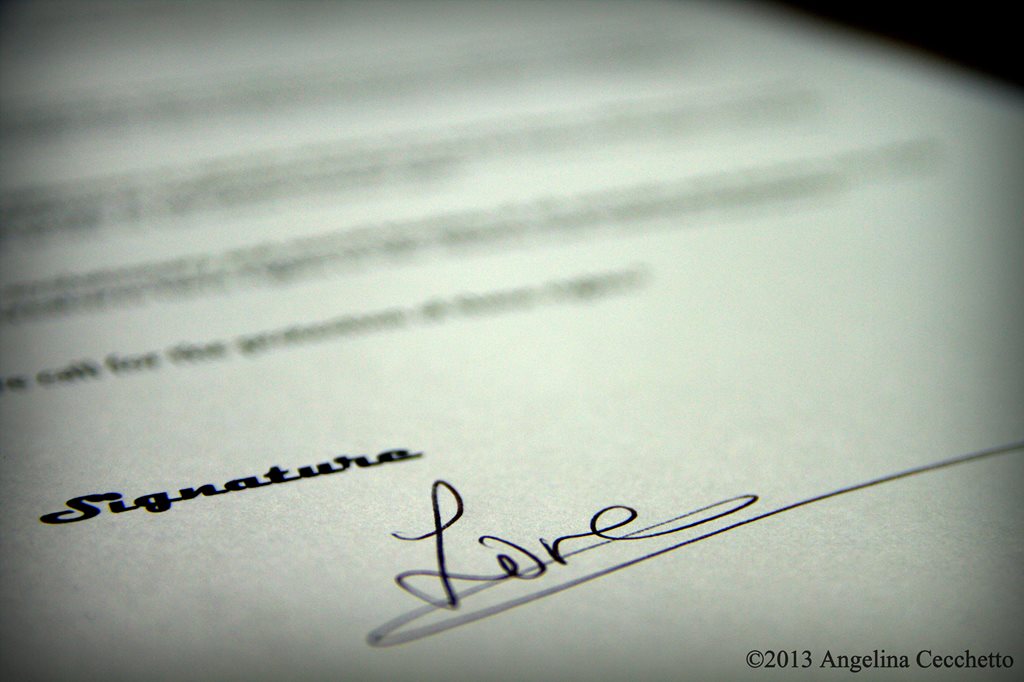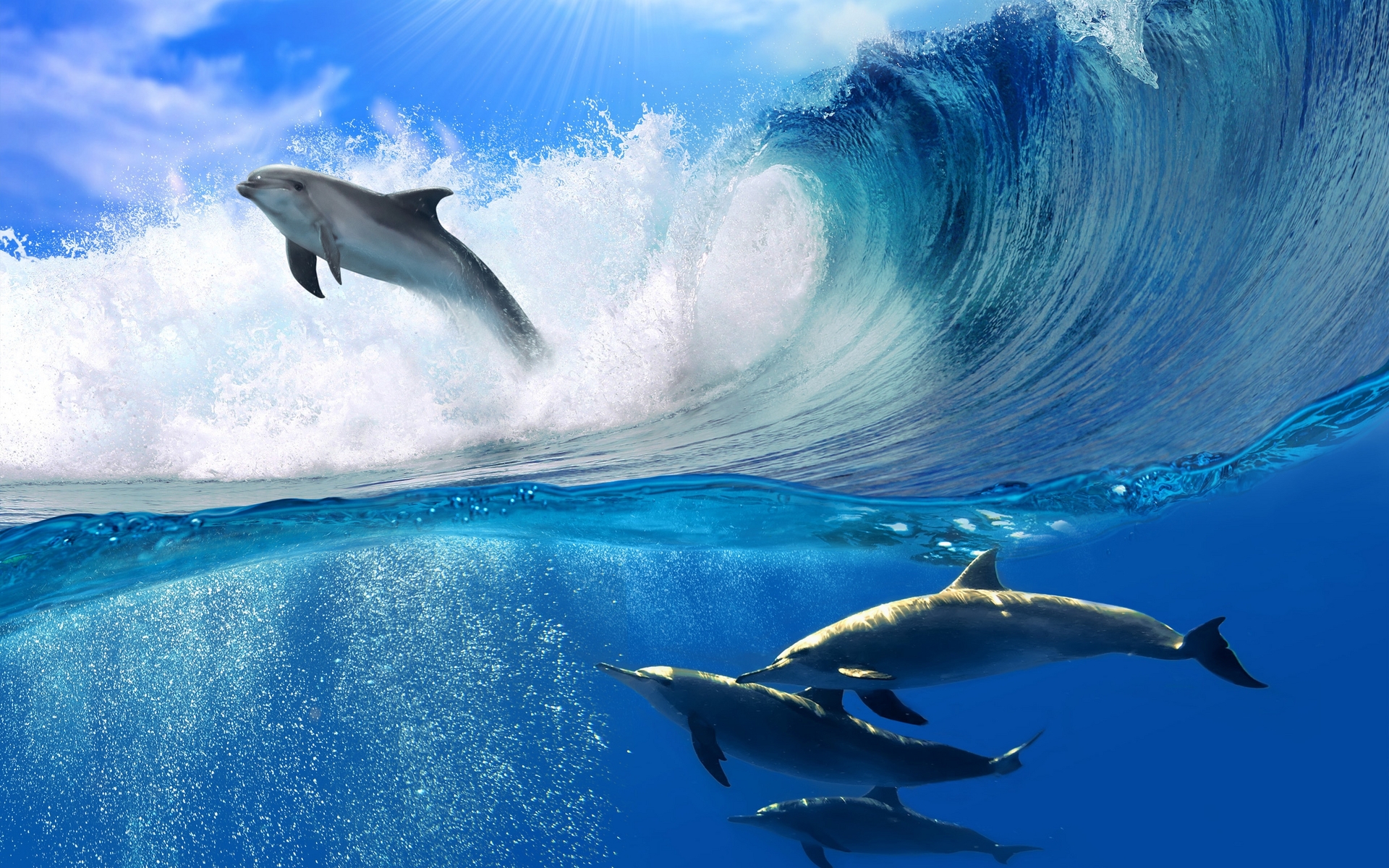There are many good and bad news every day when it comes to nature and ocean conservation and one of the best news of the year for me is the newly added species of sharks and manta rays on the CITES list of endangered species but I must say that the “Ocean Cleanup” project is by far the one which gives me the biggest thrill of all of them simply because I am aware of the huge problem we are facing with omnipresent plastic and garbage pollution and should this project materialize it could make a well needed difference to worldwide plastic pollution.
Some of you may or not have heard of the “Great Pacific Garbage Patch” also called “Pacific Trash Vortex”. It is a gyre of marine debris mainly made of pelagic plastic floating in the seawater; its size is estimated between 700,000 square kilometers (270,000 sq mi) to 15,000,000 square kilometers (5,800,000 sq mi). The source of the debris is mainly land-based but also ocean based (from ships). There are 5 gyres in the world.
The result is dramatic for the marine life, plastic ending up in the digestive system of many birds, turtles (turtles mistake floating plastic bags for jelly fish and end up eating whole plastic bags) and other sea organisms but also on us as floating debris absorb organic pollutants that end up in fish and therefore in our alimentation.
The “Ocean Cleanup” project is led by Boyan Slat an Aerospace Engineering student at the Delft University of Technology who also happens to be a very inspired diver. As the name clearly states, his project is to clean up the ocean garbage patch. In 2012, The Ocean Cleanup Array has been awarded Best Technical Design at the Delft University of Technology, and came second at the iSea Clash of the Concepts sustainable innovation award by the Dutch Ministry of Infrastructure and the Environment. The project which is still in study and testing phase is quite promising. The idea is to use huge floating booms like telescopic arms instead of nets to funnel all the plastic debris floating in the ocean. One of the great points of the project is to use the surface currents to help funnel the debris avoiding the by-catches as the booms would divert the debris and not catch them. Beyond the sustainability aspect of the project, from a business perspective what is interesting is that it could potentially be financially profitable.
A very good example of plastic recycling has been made by “Method” a producer of cleaning products who marketed a dish soap whose container is made partly of recycled ocean plastic[1].
According to Boyan Slats calculations the cleanup method he is working on could potentially clean up the garbage patches in 5 years which would be a miracle considering the situation. For the moment, we cannot be sure of the results as Boyan Slats mentions on his website, they are at about 1/4th of completing their feasibility study so the whole study is far from over.
I truly hope that Boyan Slats project will materialize and will successfully help overcome the garbage patches in the ocean however, should the project not materialize yet, I must say that it is great to see that the young generations are aware of the current global situation and are actively involved in finding solutions. Without mentioning the fact that once more, divers help and contribute to valuable ocean conservation projects maybe because diving makes them ever so aware of the underwater invaluable beauty and biodiversity but also of the daunting presence of plastic and garbage in the oceans.
Cleaning the ocean would be a virtually miraculous step forward and would put us back onto the planet’s sustainability path; not just for us humans but for all the others forms of life on this planet, however, this will not tackle the source of the problem. For this we need a deep structural change to our consumption habits and work to implement more biodegradable solutions again. This will require global cooperation going from industrialists to consumers and passing by political and legal authorities. Every one of us is concerned directly or indirectly by nature and ocean pollution, either as a food toxicity issue or as a simple financial or health issue so every one of us has or will have to act or contribute to conservation initiatives.
Last but not least, I will add a petition that pleads to ban non-biodegradable packaging for food, should you want to contribute in a couple of clicks:
http://signon.org/sign/ban-non-biodegradable.fb23?source=c.fb&r_by=1333790




